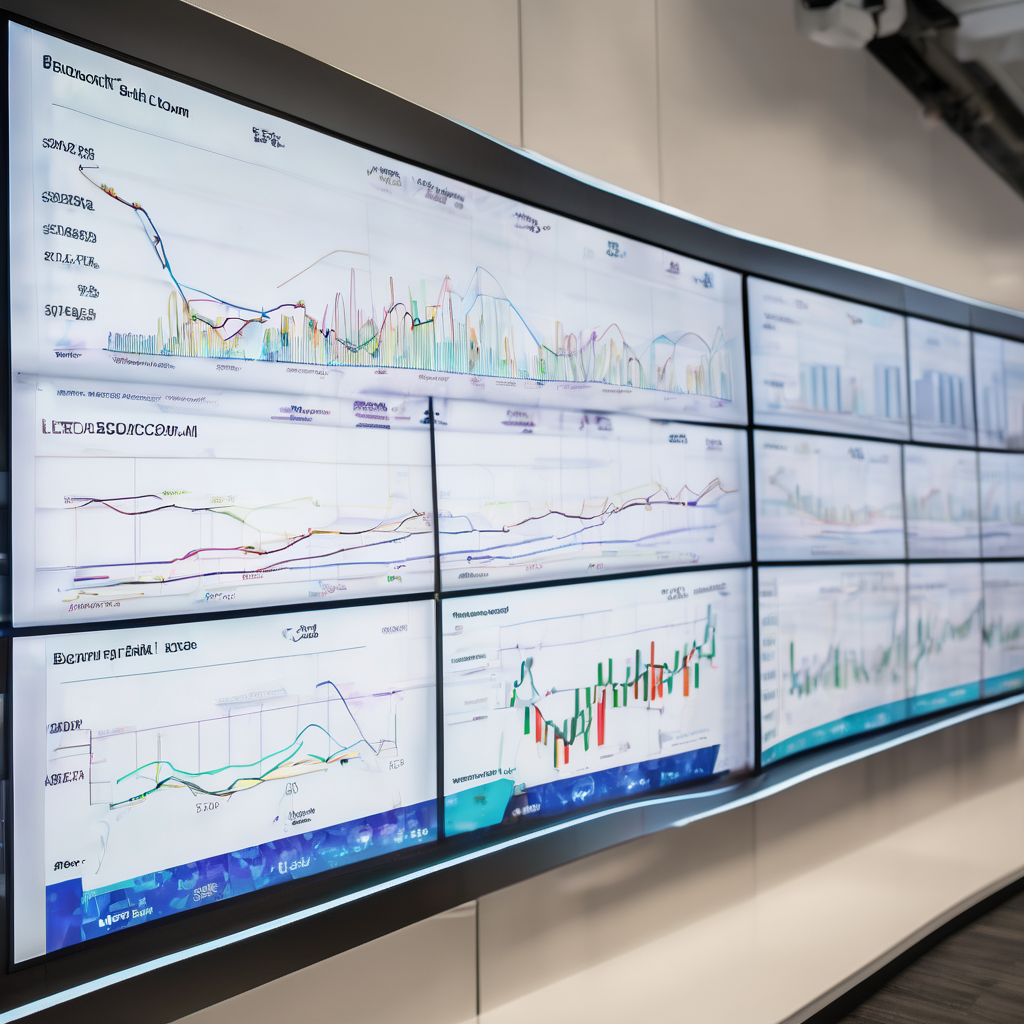
A recent study reveals stark differences in how reputable news websites and misinformation sites manage AI crawler access via robots. txt files, a web protocol controlling crawler permissions. Analyzing a dataset of both types of sites, researchers found that 60% of reputable news outlets block at least one AI crawler, while only 9. 1% of misinformation sites impose such restrictions. On average, reputable sites disallow about 15. 5 AI user agents, indicating a broad, deliberate effort to limit automated scraping, whereas misinformation sites typically restrict fewer than one AI crawler. The study also examined active blocking measures—real-time defenses against AI crawlers—and found that although both site types engage in such practices, reputable news sites more consistently enforce their robots. txt policies. These contrasting approaches affect the availability of online content for training AI models. Since AI heavily depends on web data, the tighter restrictions from reputable sources may limit quality data access, while more open misinformation sites risk skewing AI training toward unreliable content. This disparity raises important ethical and transparency concerns, as AI models might disproportionately learn from misleading information, impacting their reliability and fairness. The findings highlight the responsibility of content providers, especially established media, to manage crawler access to protect their intellectual property and control distribution.
Likewise, AI developers must consider these access limitations to better understand potential biases and gaps in their models. As AI integration deepens in society, transparency around training data sourcing and ethics gains urgency. The study emphasizes the emerging divide between reputable and misinformation websites’ practices, underscoring the need for continued research and policy dialogue on content accessibility and responsible AI development. Collaborative efforts among content creators, AI researchers, policymakers, and the public will be crucial to devise balanced solutions respecting content rights while promoting accurate, ethical AI. Potential measures include standardized robots. txt guidelines for AI crawlers, enhanced transparency in AI training data, and raising public awareness about influences on AI-generated content. In summary, the study provides important evidence of a growing asymmetry in AI crawler regulation: reputable media actively restrict access, while misinformation sites remain mostly permissive. This dynamic shapes AI training datasets and, consequently, the quality and biases of AI outputs. Thoughtful, cooperative approaches are essential for ensuring AI benefits society safely and equitably.
Study Reveals Differences in AI Crawler Access Between Reputable News and Misinformation Sites


Examining AI ‘hallucinations’ and Sunday’s Gaza blasts Thomas Copeland, BBC Verify Live journalist As we prepare to close this live coverage, here's a summary of today's key stories

The challenge marketers face today is harnessing AI’s potential without compromising sustainability goals—a question we at Brandtech have been exploring with clients and industry peers.

By 2028, it is expected that 10 percent of sales professionals will use the time saved through artificial intelligence (AI) to engage in 'overemployment,' a practice where individuals secretly hold multiple jobs simultaneously.

OpenAI has rapidly established itself as a leading force in artificial intelligence through a series of strategically crafted partnerships with top technology and infrastructure companies worldwide.

On Saturday, President Donald Trump shared an AI-generated video showing him in a fighter jet dropping what appears to be feces onto U.S. protesters.

Nvidia Corp.

Microsoft India’s integration of artificial intelligence (AI) into its sales operations is delivering impressive outcomes, notably enhancing the company’s top-line growth and speeding up deal closures.
Automate Marketing, Sales, SMM & SEO

and get clients on autopilot — from social media and search engines. No ads needed
and get clients today